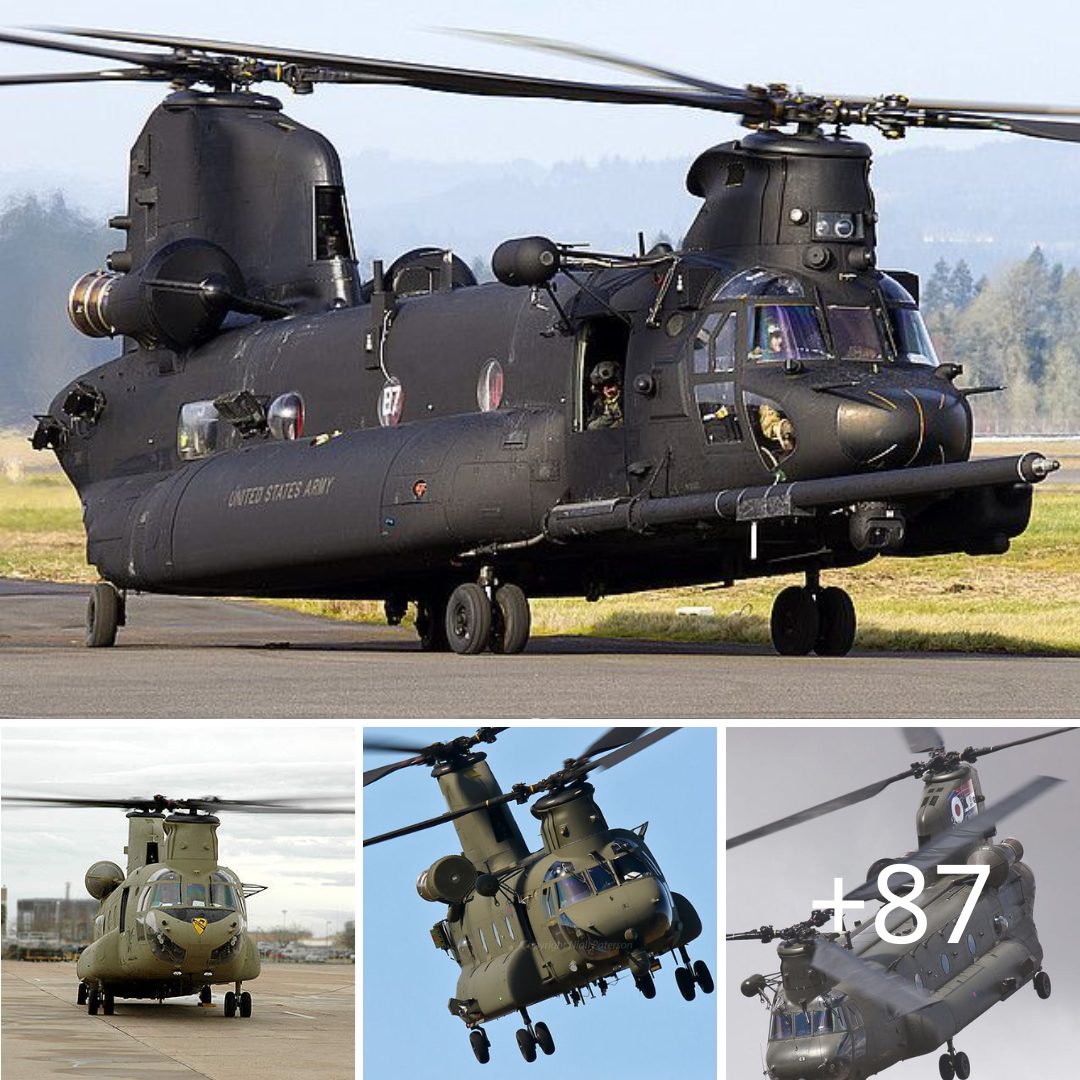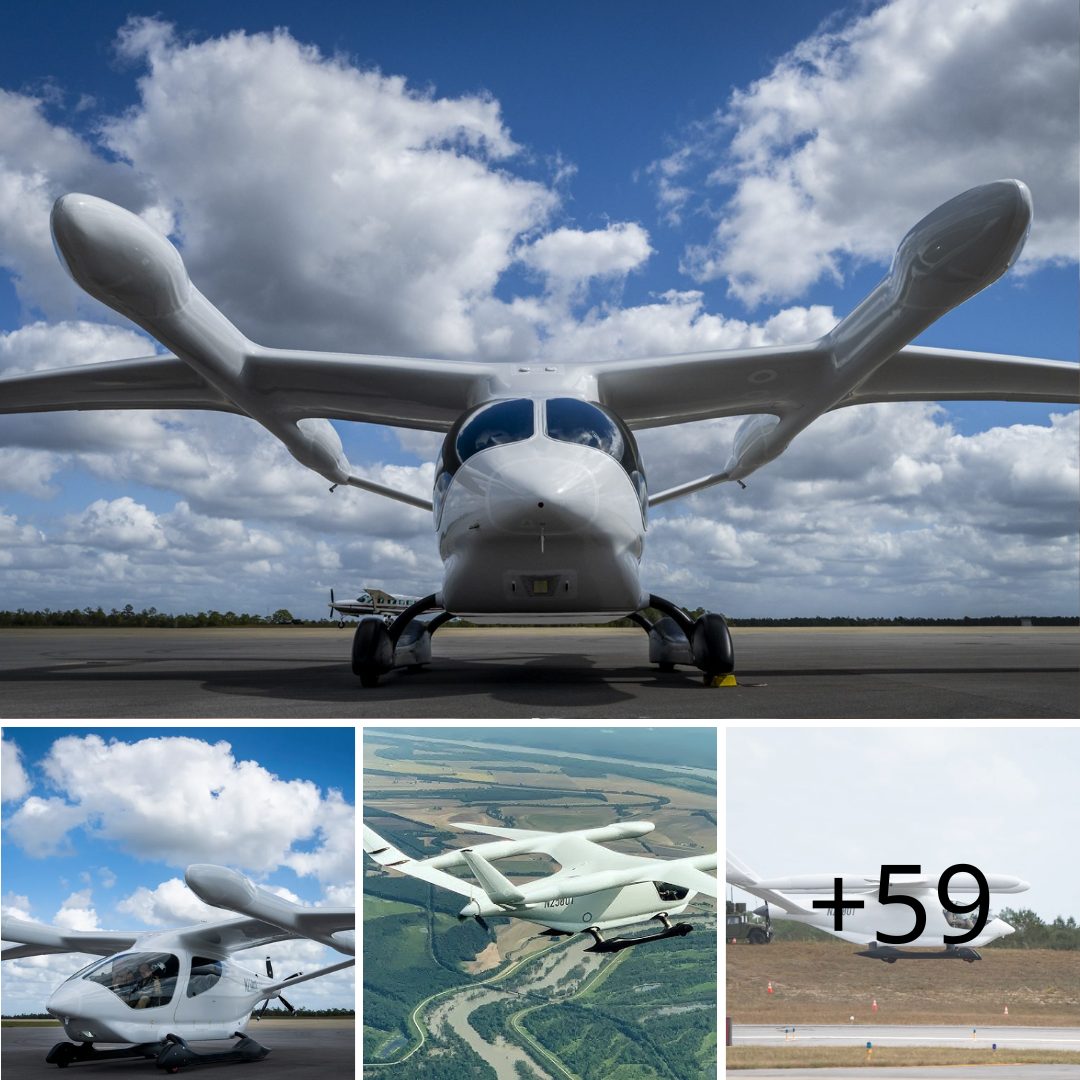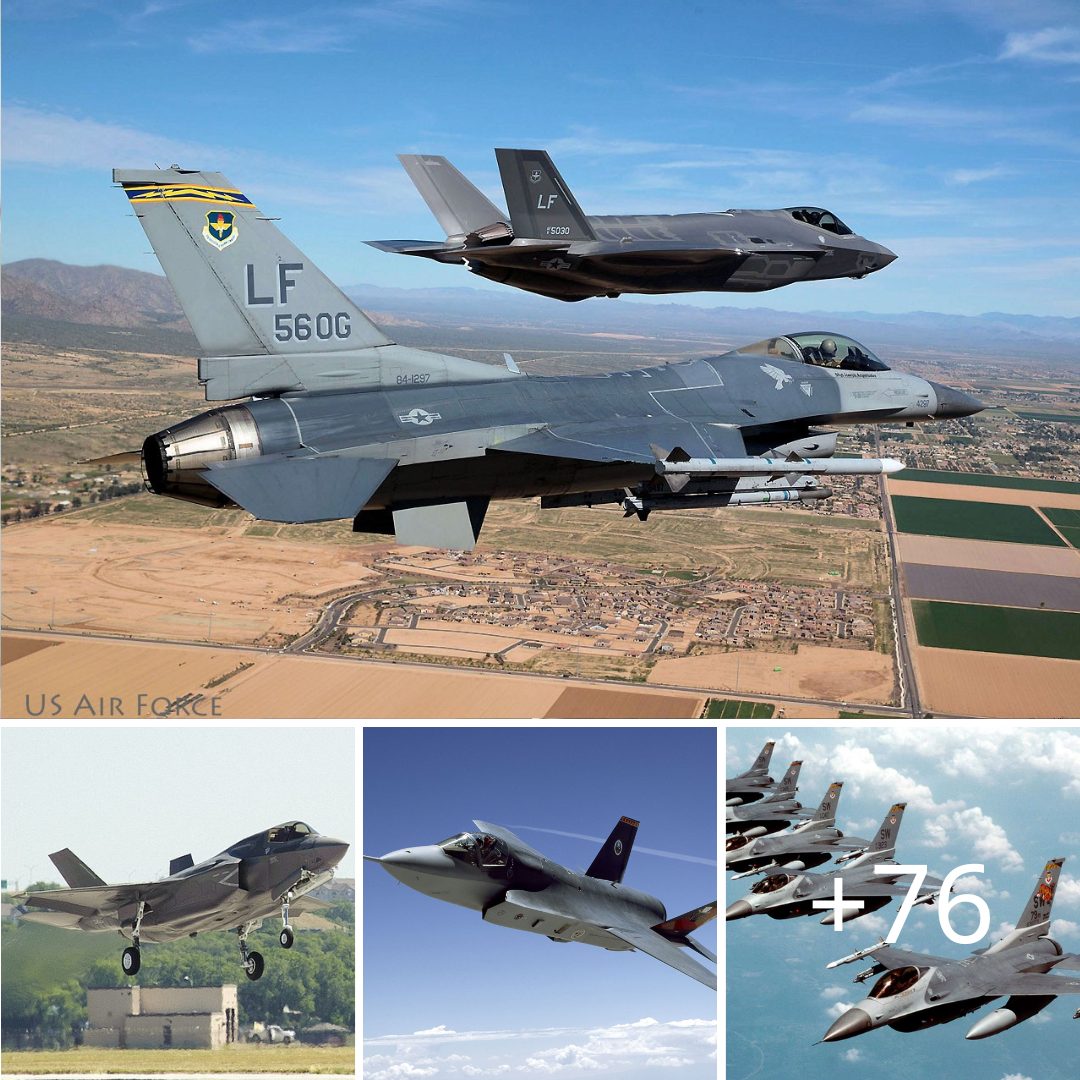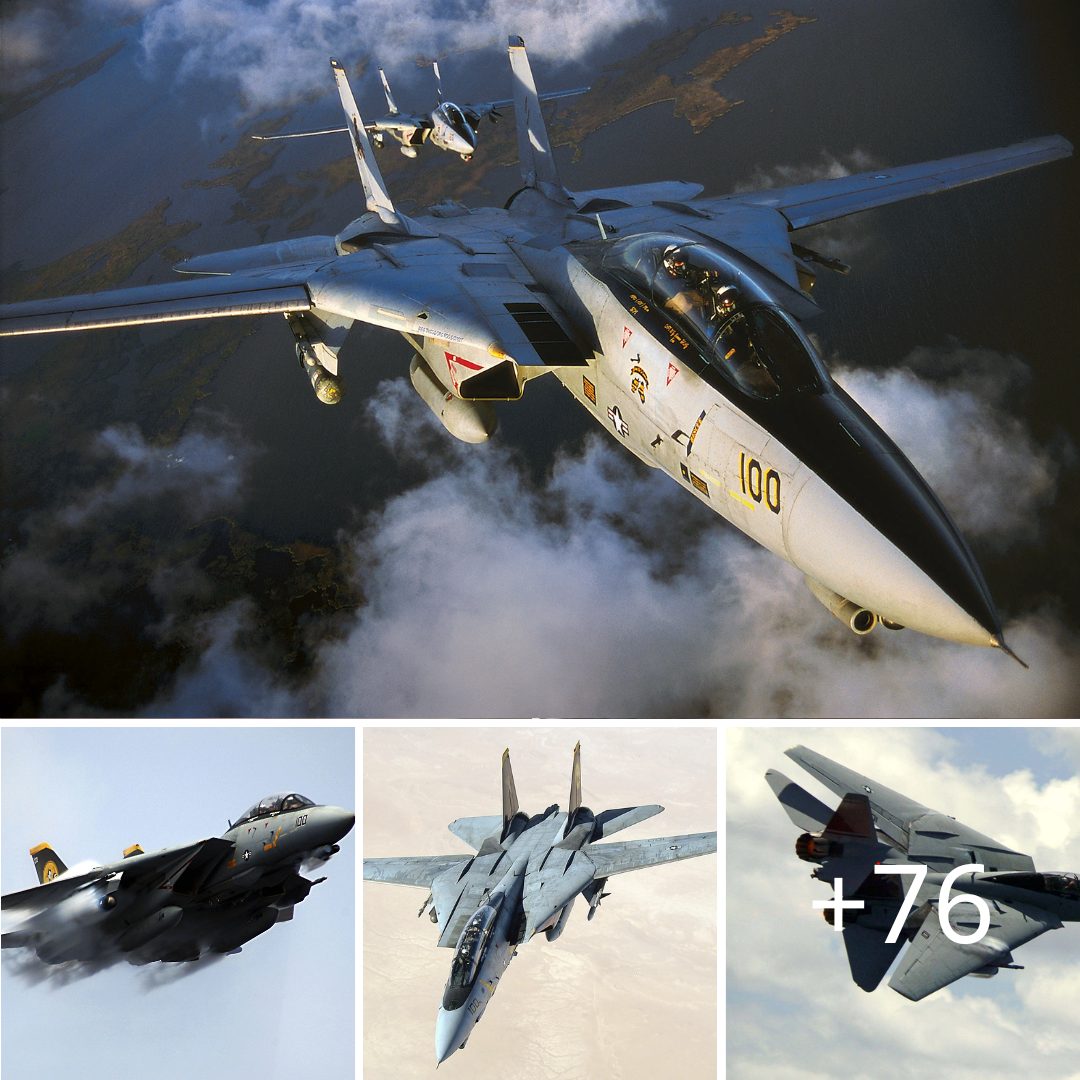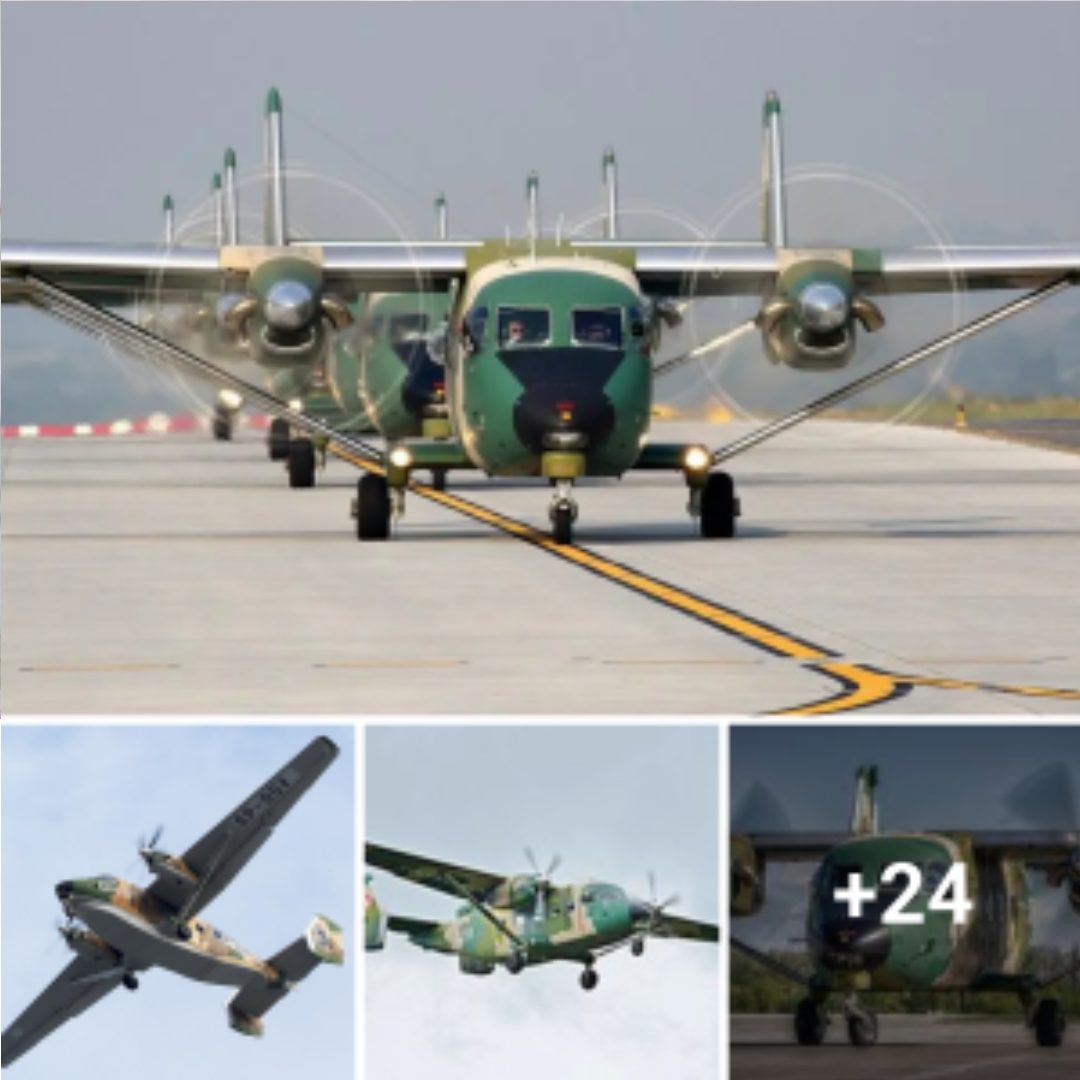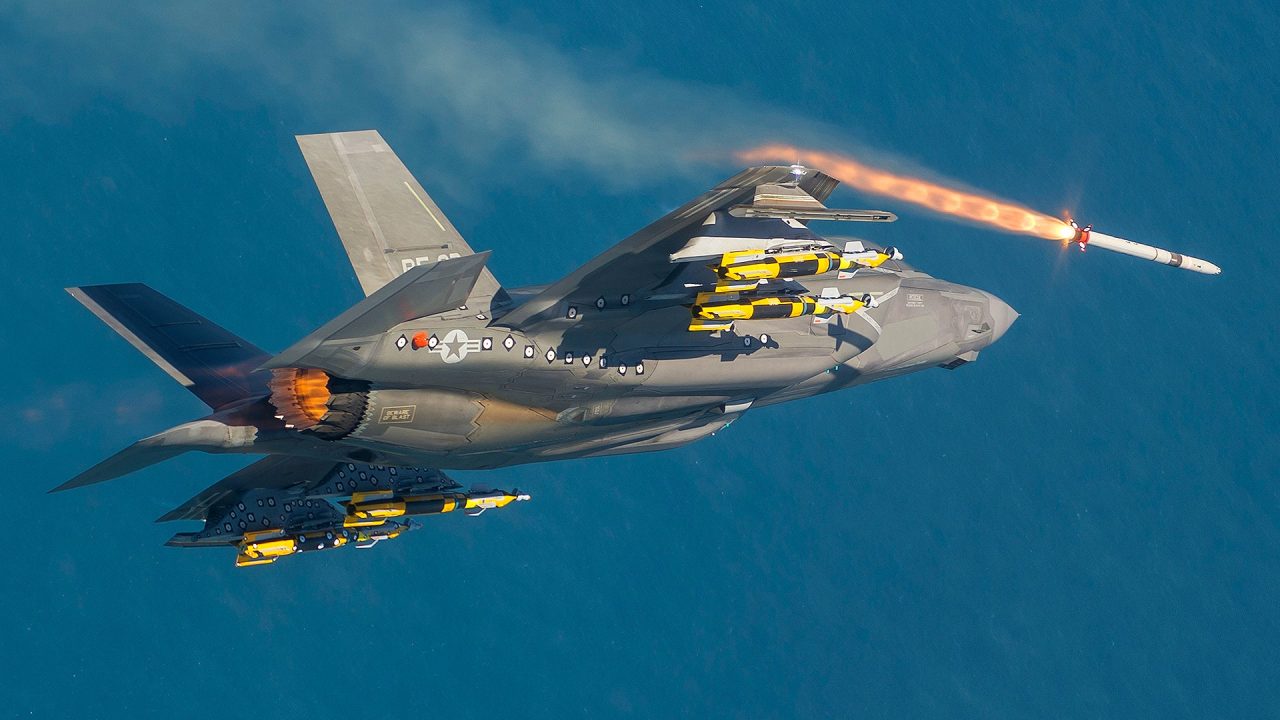
According to information published by the US DoD, Lockheed Martin Corp., Lockheed Martin Aeronautics Co., Fort Worth, Texas, is awarded a not-to exceed $320,000,000 cost-plus-fixed-fee undefinitized modification (P00020) to a previously awarded advanced acquisition contract (N0001920C).
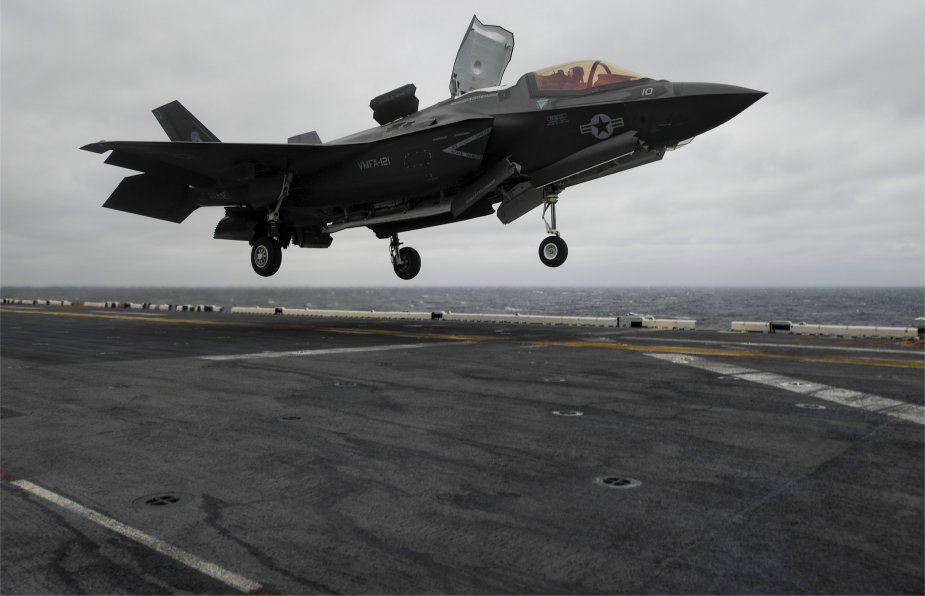
An F-35B Lightning II with Marine Fighter Attack Squadron (VMFA) 121 touches down on the amphibious assault ship USS Wasp. (Picture source: US DoD)
This modification adds scope to provide non-recurring engineering in support of the production of one F-35A, one F-35B, and one F-35C new flight science test aircraft to replace aging flight science test aircraft for the Air Force, Marine Corps, Navy, and non-U.S. Department of Defense (DOD) participants.
Work will be performed in Fort Worth, Texas (30%); El Segundo, California (25%); Warton, United Kingdom (20%); Orlando, Florida (10%); Nashua, New Hampshire (5%); Nagoya, Japan (5%); and Baltimore, Maryland (5%), and is expected to be completed in December 2027.
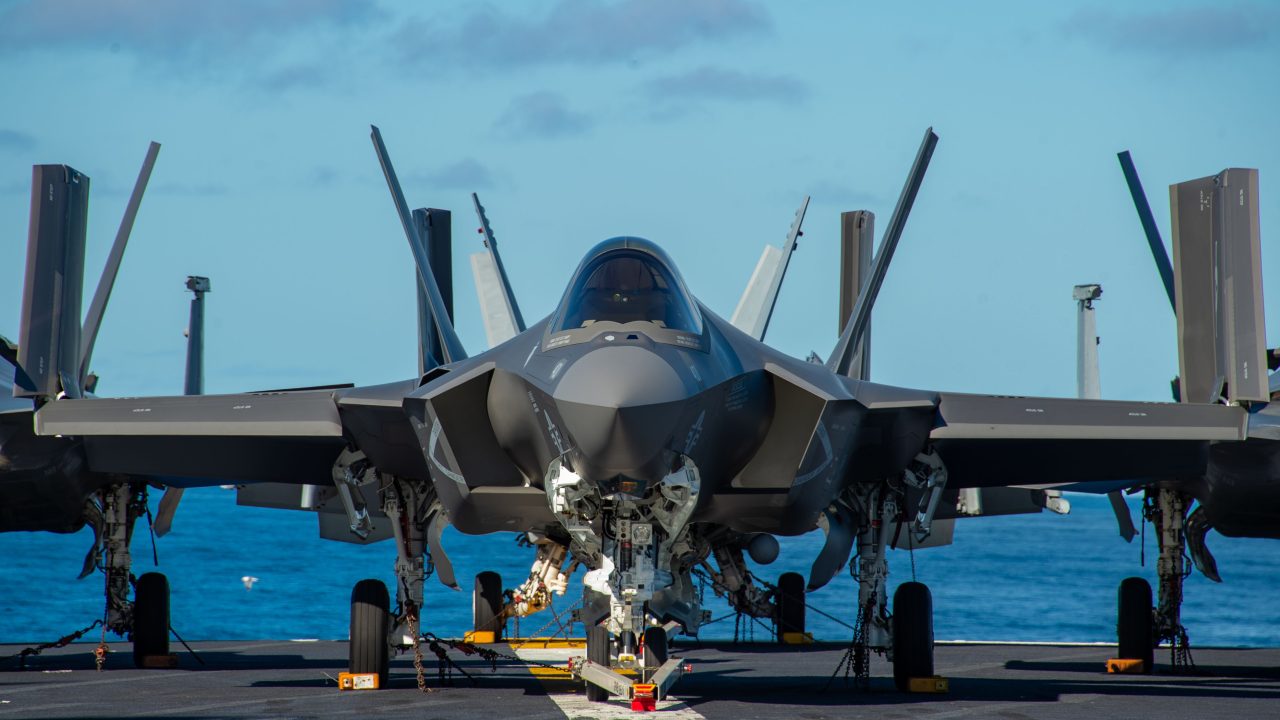
Fiscal 2022 research, development, test and evaluation (Navy) funds in the amount of $11,083,062; fiscal 2022 research, development, test and evaluation (Air Force) funds in the amount of $11,083,058; and non-U.S. DOD funds in the amount of $4,882,683 will be obligated at the time of award, $22,166,120 of which will expire at the end of the current fiscal year. The Naval Air Systems Command, Patuxent River, Maryland, is the contracting activity.

About the F-35B
The F-35B is a short takeoff and vertical landing (STOVL) variant of the F-35 Lightning II, a fifth-generation stealth fighter aircraft developed by Lockheed Martin.
The F-35B is designed for use by the U.S. Marine Corps and the United Kingdom’s Royal Navy, and is capable of operating from amphibious ships, as well as conventional airfields.
It is equipped with advanced avionics, sensor systems, and weapons, and is intended to replace a number of older aircraft, including the AV-8B Harrier II and the F/A-18 Hornet. The F-35B has been in service since 2015.
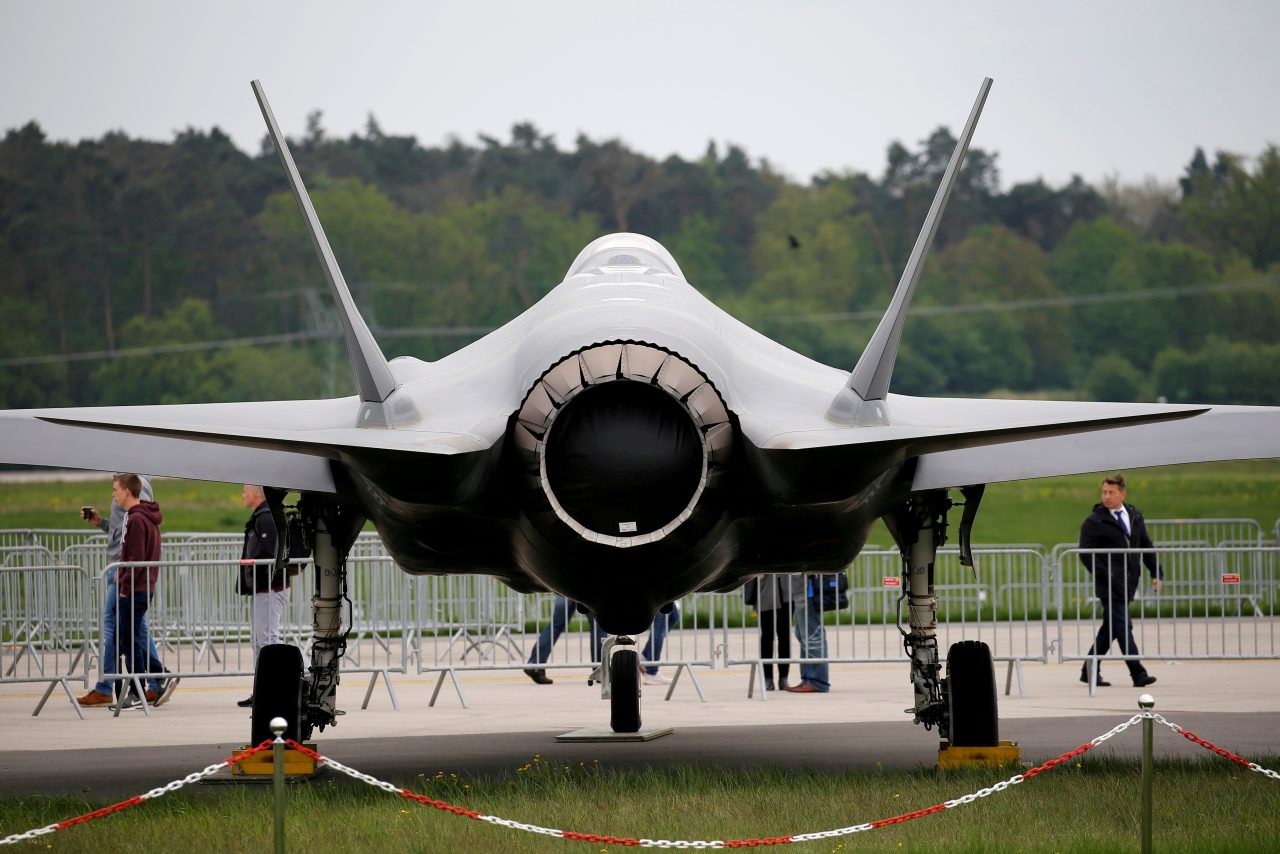
The F-35B is powered by a Pratt & Whitney F135 afterburning turbofan engine, which provides a maximum thrust of 40,000 lbf (178 kN). It has a maximum speed of 1,200 mph (Mach 1.6) and can reach a maximum altitude of 50,000 ft (15,000 m).

Source: navyrecognition.com

